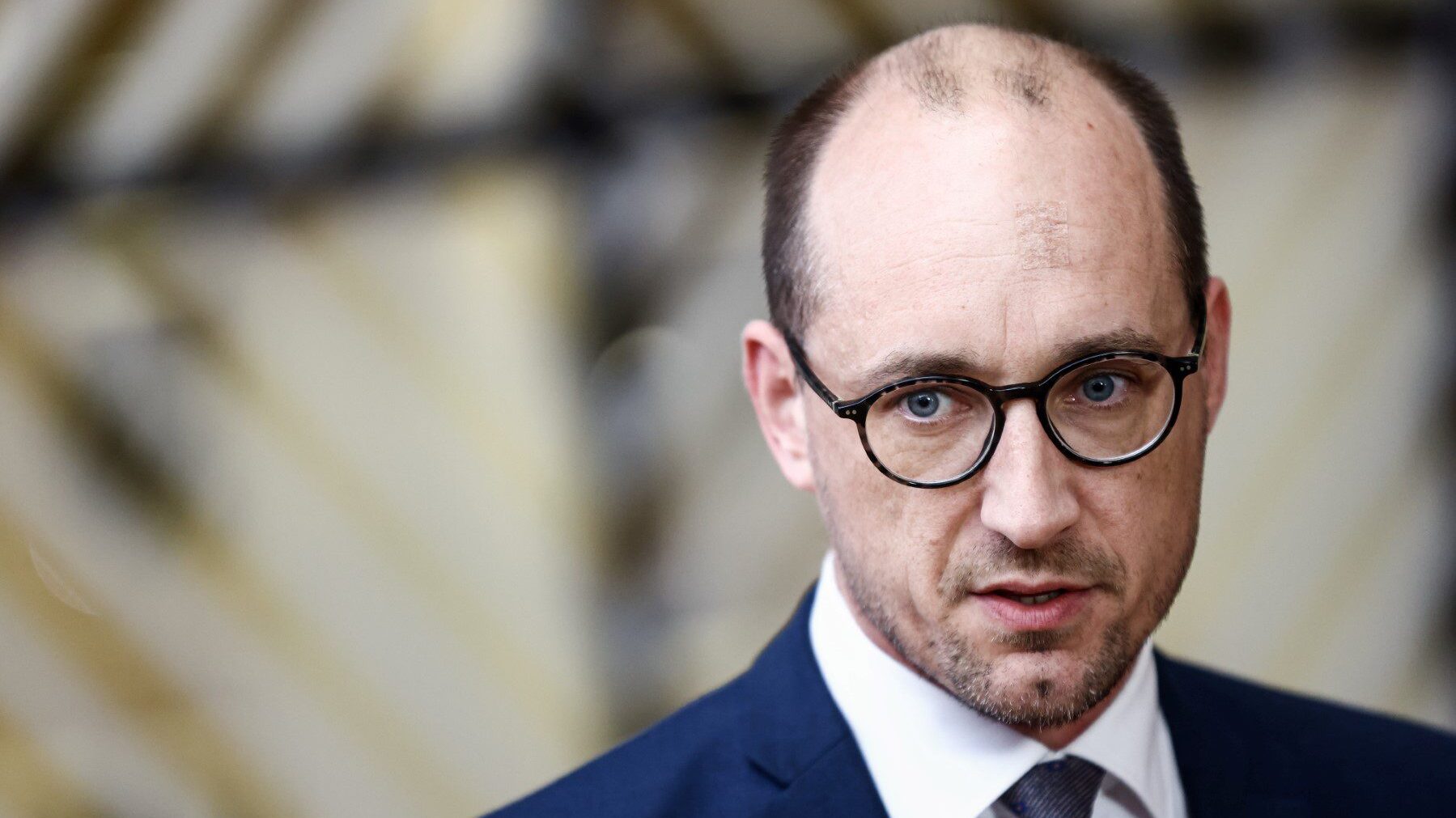
Mere days before Belgium was to celebrate its national holiday on Friday, July 21st, its federal government failed to agree on tax reform legislation, with the center-right and francophone Mouvement Réformateur (MR) party as the sole holdout among the seven partners in Prime Minister Alexander De Croo’s coalition government.
Since 2020, PM De Croo has been heading the so-called Vivaldi coalition, named after composer Antonio Vivaldi due to his work ‘The Four Seasons’ which corresponds to the four different political views represented in the Belgian federal government: the liberals (Open Vld and MR), the socialists (Vooruit and PS), the greens (Groen and Ecolo) and the Christian democrats of CD&V.
Notably, the Flemish are underrepresented in De Croo’s government, as the two largest political parties in the northern Flanders region (the Flemish nationalist N-VA and Vlaams Belang) are part of the opposition.
Finance Minister Vincent Van Peteghem (CD&V), who had a leading role in the now-aborted negotiations, announced the breakdown in the coalition’s attempts at reaching an agreement in a Tuesday night tweet.
— Vincent Van Peteghem (@vincent_v_p) July 18, 2023
In a not-too-subtle dig at the MR, he wrote that “today we must conclude that not everyone is able to leave their trench and to show the courage to make decisions in the interest of all,” in a letter defending his proposal, which sought to lower taxes for “those who try hard every day to do their part.”
For over five weeks, negotiations were held over Van Peteghem’s plan to shift six billion euros in taxes on labor, and to instead tax wealth, consumption and pollution.
Deputy Prime Minister David Clarinval (MR) defended his party’s intransigence, stating that there were still “too many taxes on the table,” and that the proposed reform did not reward all working people, such as the self-employed.
Despite the current stalemate on this particular issue, MR would continue to work within the Vivaldi coalition, Clarinval assured.
Prime Minister Alexander De Croo said it had not been possible to reach an agreement because the positions of the coalition partners were far apart.
“Proceeding with an agreement would have led to an accord that would have a heavy impact on our budget. That is why I decided it was better not to make an agreement,” the PM added.
De Croo’s failure in pushing through the tax reform presented itself as gefundenes Fressen for the opposition which, with next year’s elections in mind, went for the jugular during Thursday’s question time in the Chamber of Representatives.
“As expected, the umpteenth postponement has turned into a cancellation,” said Vlaams Belang MP Barbara Pas. “No one believes that thorough reform in Belgium is still possible at all,” Pas said, before suggesting that De Croo should do the Belgian citizenry a favor by quitting.
“The only thing you have reformed is the national debt,” went MP Jean-Marie Dedecker’s (Independent) accusation. “It has been deepened to €24 billion.” According to Dedecker, the Vivaldi government is “a seven-headed dragon, with each one not granting the other a bone in the mouth.”
“Who is leading this government?” asked MP Sofie Merckx (of the marxist PVDA). “Is that you or is it [MR Chairman] Mr. Georges-Louis Bouchez?”
Discord within the coalition is readily apparent, with various partners directing their ire at Bouchez. “This entire parliament is held in the grip of one man, a man who has not been elected to any assembly,” said MP Dieter Vanbesien (Groen). “Perhaps we should give him the credit he deserves and from now on no longer talk about taxes on workers but about the Bouchez tax.”
N-VA chairman in Parliament Peter De Roover observed: “When I see everyone [all other six coalition partners] going after the MR like this, you no longer have a majority.”
“The majority and the opposition bickering with each other is part of the game. Yet when this occurs within a government, that government in fact has turned into a lame duck.”
